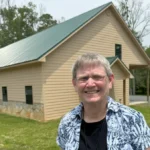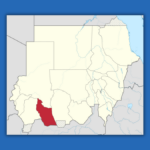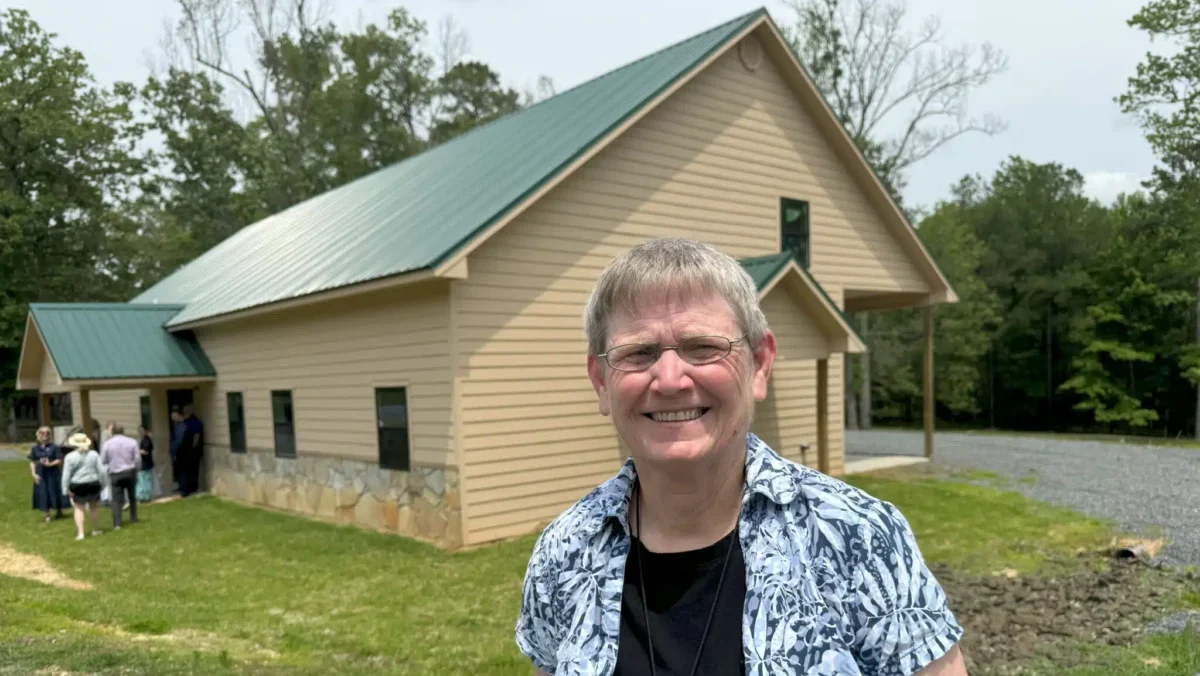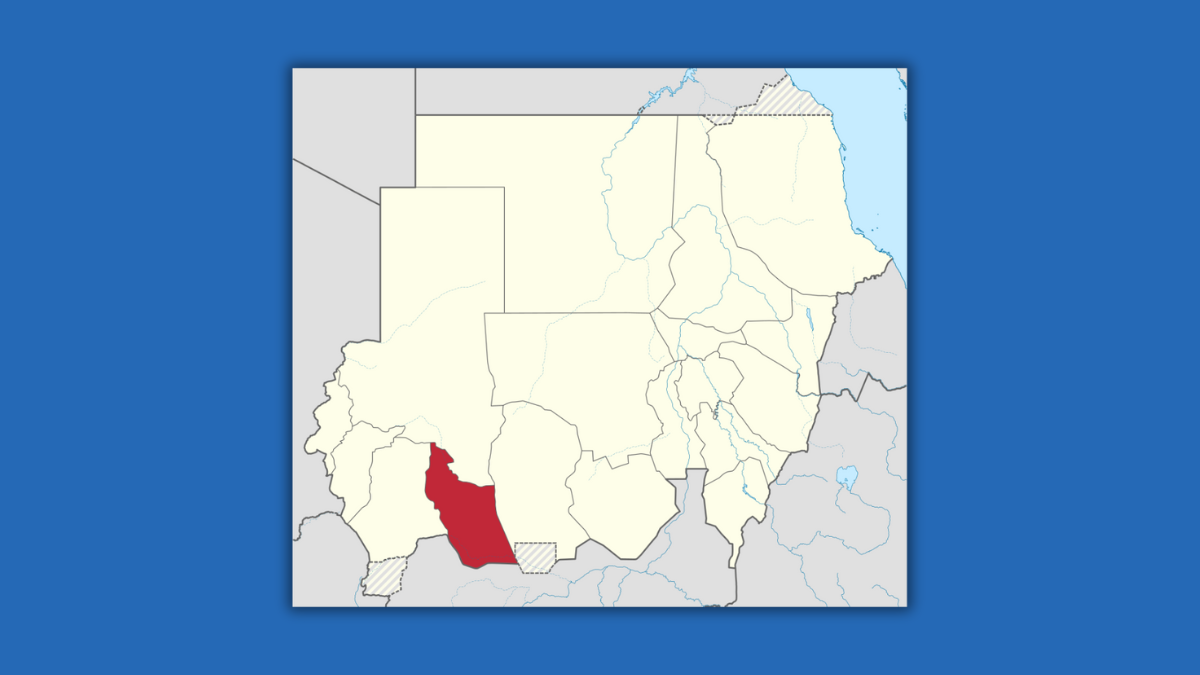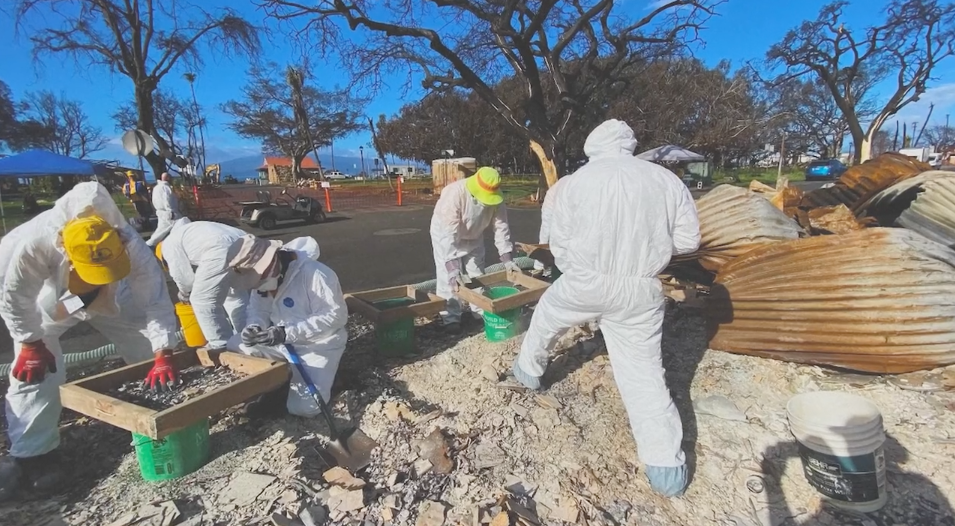THE FIRST COUPLE
Genesis 2:7–9, 15–25
Gardens are important in the Bible. The first couple lived in a garden called Eden. Gardens provided food. Noteworthy gardens in the Bible included the Garden of Eden and the gardens of the Jewish kings. (See 2 Kings 25:4, Neh. 3:15.) In the New Testament, the most famous garden is the Garden of Gethsemane (Mark 14:32). The Bible concludes with a description of a fruit garden in Revelation 22:2.
Placed (7–9)
Genesis 2 is not an alternate account of the creation narrative of Genesis 1. Genesis 2 focuses on the first humans. Rather than being descendants of primates, humans have an even lower heritage.
Adam was formed out of mere dust. However, humans are more than dust. God breathed into the nostrils of Adam, and he became a living being (or soul). God placed Adam and Eve in a garden. The garden contained two important trees — a tree of life and a tree of the knowledge of good and evil. The Bible refers to the tree of life in Proverbs and Revelation.
Employed (15–17)
God placed Adam in the Garden of Eden to cultivate, oversee and preserve it. Adam had the responsibility to cultivate the garden.
The Hebrew term has the connotation “to serve.” The curse of sin is not labor as some have interpreted Genesis 3:19.
God’s plan for humans from the beginning was that people work. One application of these verses is that humans should care for God’s creation rather than destroy God’s handiwork. We focus on the prohibitions rather than the positive aspects of God’s guidelines. Adam could eat of any tree in the garden except one. If Adam violated the one command and ate from the tree of knowledge, Adam would begin the process of dying. Adam would experience the penalty for his disobedience later.
Alone (18–20)
Adam was alone in the garden. He had no one with whom he could share life. God formed animals and birds and gave Adam the right to give names to livestock, birds and wild animals. No animal could complement and be a helper to Adam. The term “good” describes God’s creation. Verse 18 describes one aspect of creation that was not good: “It is not good for man to be alone” (v. 18).
As Adam came from the dust of the ground so did the wild animals and the birds of the sky, but no animal could serve as a helper that corresponded to Adam. The role of a helper does not place one in a subordinate position. God gifted Adam a helper who was a partner with him in the role assigned by God. God purposed Adam and Eve to complement each other.
When Adam saw Eve, he became a poet when he “at last” found one who would complement him.
United (21–25)
God caused Adam to enter into a deep sleep and took one of his ribs to fashion a creature — a woman — who would correspond to him. Adam responded that at last, there was one who was similar to him. The relationship between Adam and Eve — and married couples — is an exclusive relationship (man leaves), a permanent relationship (cleaves), a bonded relationship (one flesh) and a shameless relationship.
By Mark Rathel
Professor at the Baptist College of Florida in Graceville, Florida


